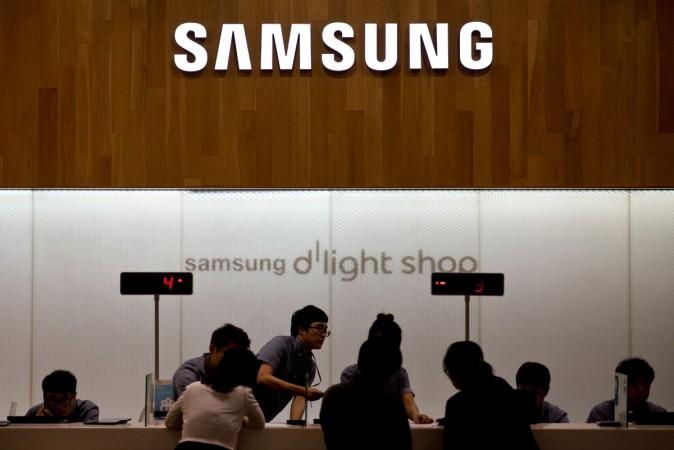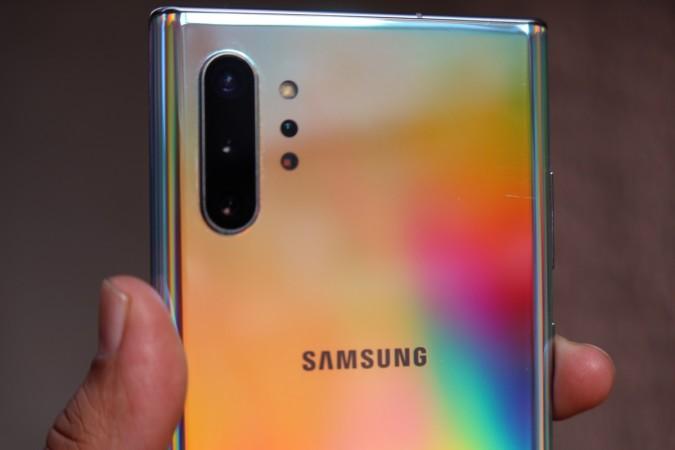Samsung is one of the top mobile brands in India to have faced the wrath of offline mobile traders in India, who are protesting mobile companies' preference towards e-commerce platforms. After major Chinese brands, Vivo, Oppo and Realme, agreed to simultaneously launch products and variants at the same price across channels, Samsung's resistance has taken a worse turn.
"We will be showing our protest through digital posts, covering Samsung branding with a black cloth on in our stores, and not doing business with Samsung distributors for three days," Arvinder Khurana, President of AIMRA told ET.
The decision to boycott Samsung devices for three days follows the lack of response for several communication attempts with the South Korean tech giant, Khurana said. The trade association also noted that Samsung failed to meet AIMRA leaders in the last five years and failed to reply to any of the emails.

The three-day ban on sales of Samsung smartphones in brick-and-mortar stores could come down heavily on the smartphone giant, which recently lost its dominant position to Xiaomi, according to IDC. Samsung's market share stood at 20.3 percent, whereas 12-15 percent of the total sales in 2019 came from offline channels.
"This will weigh very heavily on Samsung as their revenues will take a hit of crores of rupees. It also shakes the consumer confidence in the brand to see why such things are happening," Faisal Kawoosa, Research Director at TechArc, told the publication.

International Business Times has reached out to Samsung for a comment and the article will be updated with the response when received.
Xiaomi pips Samsung
Xiaomi has portrayed a strong stance both online and offline. This helped the Chinese brand achieve a significant edge over the global smartphone leader, Samsung, in India. Xiaomi managed to acquire a 28 percent market share in Q4 2019. The company sold 43.6 million units throughout 2019. Samsung, however, witnessed a 2.8 percent YoY dip.

















